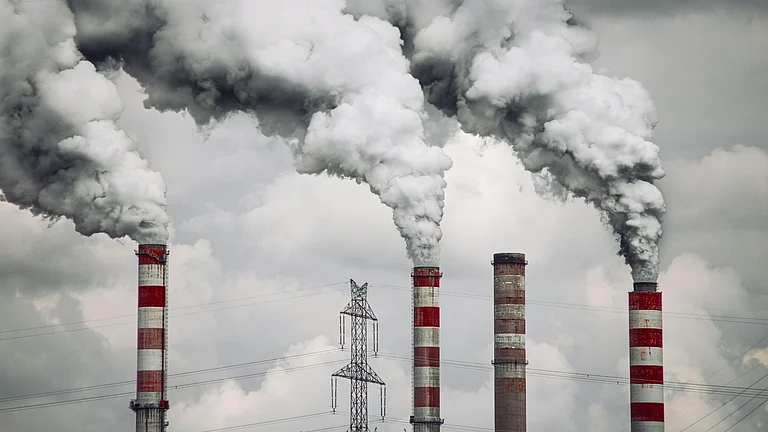India ranks third globally after China and the U.S. in low- and near-zero-emission industrial project pipelines, but only six have reached the Final Investment Decision (FID) stage.
Key hurdles include uncertain clean demand, high capital costs, regulatory bottlenecks, and weak infrastructure, according to the Industrial Transition Accelerator’s (ITA) report.
Financing and market issues such as the absence of long-term offtake contracts and heavy reliance on equity are delaying first-of-a-kind clean industrial projects.
ITA’s Project Support Programme seeks to align policy, demand, and finance to fast-track India’s clean manufacturing transition and counter risks like the EU’s Carbon Border Adjustment Mechanism (CBAM).
India Ranks Third In Clean Industrial Projects, But Only Six Have Reached FID Stage: ITA
The ITA’s Global Project Tracker finds that stronger demand-side policies and more robust financing systems will be critical for advancing these projects to the investment stage
India holds the world’s third-largest pipeline of low- and near-zero-emission industrial projects after China and the U.S. However, only six projects have so far reached the Final Investment Decision (FID) stage, according to a new report by the Industrial Transition Accelerator (ITA), a global multi-stakeholder initiative launched at COP28.
The report “India Insights Briefing: Unlocking India’s Clean Industrialisation Opportunity” highlights that structural challenges such as uncertain clean demand, high capital costs, regulatory bottlenecks, and under-developed infrastructure are delaying projects from moving toward investment readiness.
The report notes that investment barriers now stem more from market formation challenges than from technical limitations. A lack of binding long-term offtake contracts has limited revenue visibility, undermining banks’ confidence to lend to project developers. First-of-a-kind projects, it adds, depend heavily on equity financing and face long lead times for regulatory clearances, while logistics infrastructure for hydrogen, carbon capture, and port integration remains inadequate.
The report further stated that export competitiveness could also come under pressure due to international measures like the European Union’s Carbon Border Adjustment Mechanism (CBAM), which could expose India’s steel and aluminium exports to higher carbon costs.
The ITA’s Global Project Tracker finds that stronger demand-side policies and more robust financing systems will be critical for advancing these projects to the investment stage. Its India Project Support Programme aims to address exactly these gaps by aligning policy, demand, and capital to accelerate the next wave of clean industrial investments.
“India’s industrial transition is central to both its growth objectives and the wider global decarbonisation effort,” said James Schofield, Managing Director of the Industrial Transition Accelerator. “With one of the largest project pipelines worldwide, the challenge is no longer vision; it is execution. The India Project Support Programme will focus on unlocking demand, de-risking finance, and fast-tracking projects that can define India’s leadership in clean manufacturing.”

